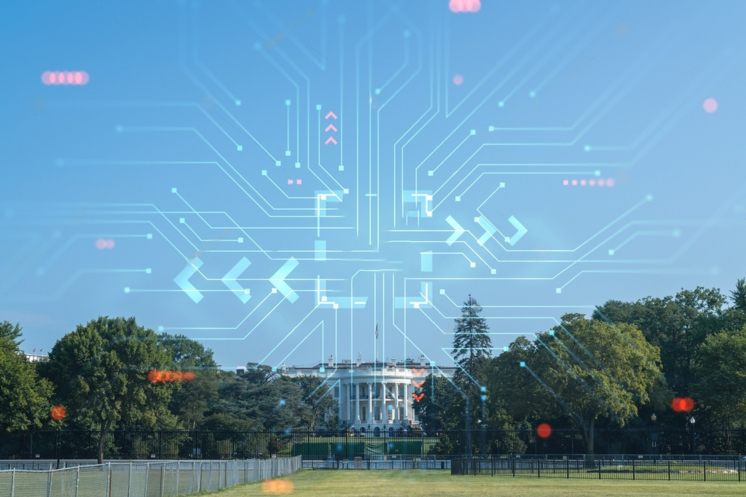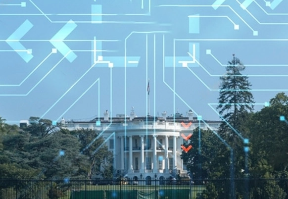Technology for the Public Sector
Many of the technological disruptions caused by the Covid pandemic are here to stay and governments world over are striving to upscale their technology quotient to stay ahead in the growing global digital experience.
Employees of public service organizations world over have experienced the biggest and fastest behavioural change in the past couple of years, owing to Covid 19.
Gov tech companies, Edtech companies, non-profit organizations are all rapidly turning to advanced developments in technology for secure, scalable, and cost-efficient solutions for their unique missions and public requirements. Public sector healthcare is already revolutionized with geospatial technology, Twitter monitoring, wearable tech, and telehealth.
Gov tech companies, Edtech companies, non-profit organizations are all rapidly turning to advanced developments in technology for secure, scalable, and cost-efficient solutions for their unique missions and public requirements. Public sector healthcare is already revolutionized with geospatial technology, Twitter monitoring, wearable tech, and telehealth.

-
Cloud Computing
Cloud Computing has been successfully paving the way for innovation and digital transformation of public sector industry segments across the world. Government,
 education, healthcare, and non-profit organizations are leveraging the power of cloud computing and web services.Cloud computing’s aid to the public sector is multi-faceted and across classification levels - Unclassified, Sensitive, Secret, and Top Secret. Modernization of legacy infrastructure,
education, healthcare, and non-profit organizations are leveraging the power of cloud computing and web services.Cloud computing’s aid to the public sector is multi-faceted and across classification levels - Unclassified, Sensitive, Secret, and Top Secret. Modernization of legacy infrastructure,
migration, security & compliance are significant applications of cloud computing in the public sector. -
Crowdfunding Platforms
Crowdfunding is gaining rapid popularity with several public sector projects. One recent example is the construction of the Patel statue in India which is a classic example of a successful crowdfunding project.
The crowdfunding platforms may directly be used and collaborated with by the government or NPOs or non-profit organizations may be involved. Also, not all government projects may be feasible for crowdfunding but there is potential here.

-
Blockchain
Blockchain has varied use cases in the public sector. Blockchain can ensure an integrated, secure, and interoperable infrastructure for all governments.

The distributed ledger system can successfully reimagine digital currency, healthcare, land registrations, corporate registration, legal entities, voting, taxation, and many other government services and functions.
Blockchain technology has the potential to reduce fraud, streamline processes, and protect sensitive data, and will be of immense value to the public sector.
Secure : Public Blockchain
- Reduce fraud, protect sensitive data
- Anti-Money Laundering
- Protection against cyber attacks, hacking
- Social security
Streamlined : Decentralized Ledger
- Solve taxation issues
- Improve traditional bills and payments system
- Record legislations
- Improved Healthcare
- Enhanced meterology, defence, research
Smart : Distributed Ledger
- Digitized IDs
- Better welfare schemes
- Reduced wastage
- Better transparency
-
Better transparency
Government functions are driven by a large amount of crucial data. Predictive analysis, machine learning, and artificial intelligence would be necessary for governments to harness the most out of data and create meaningful engagements with citizens.

Governments can employ big data analytics and understand citizens’ needs, eliminate fraud, mitigate system errors, and increase operational efficiency. Cost reduction is also a major benefit for the government as a result of efficient data handling and analytics.





